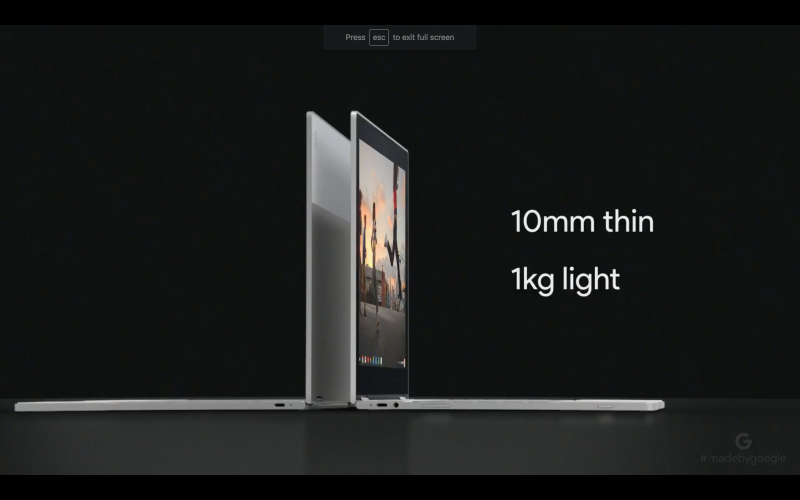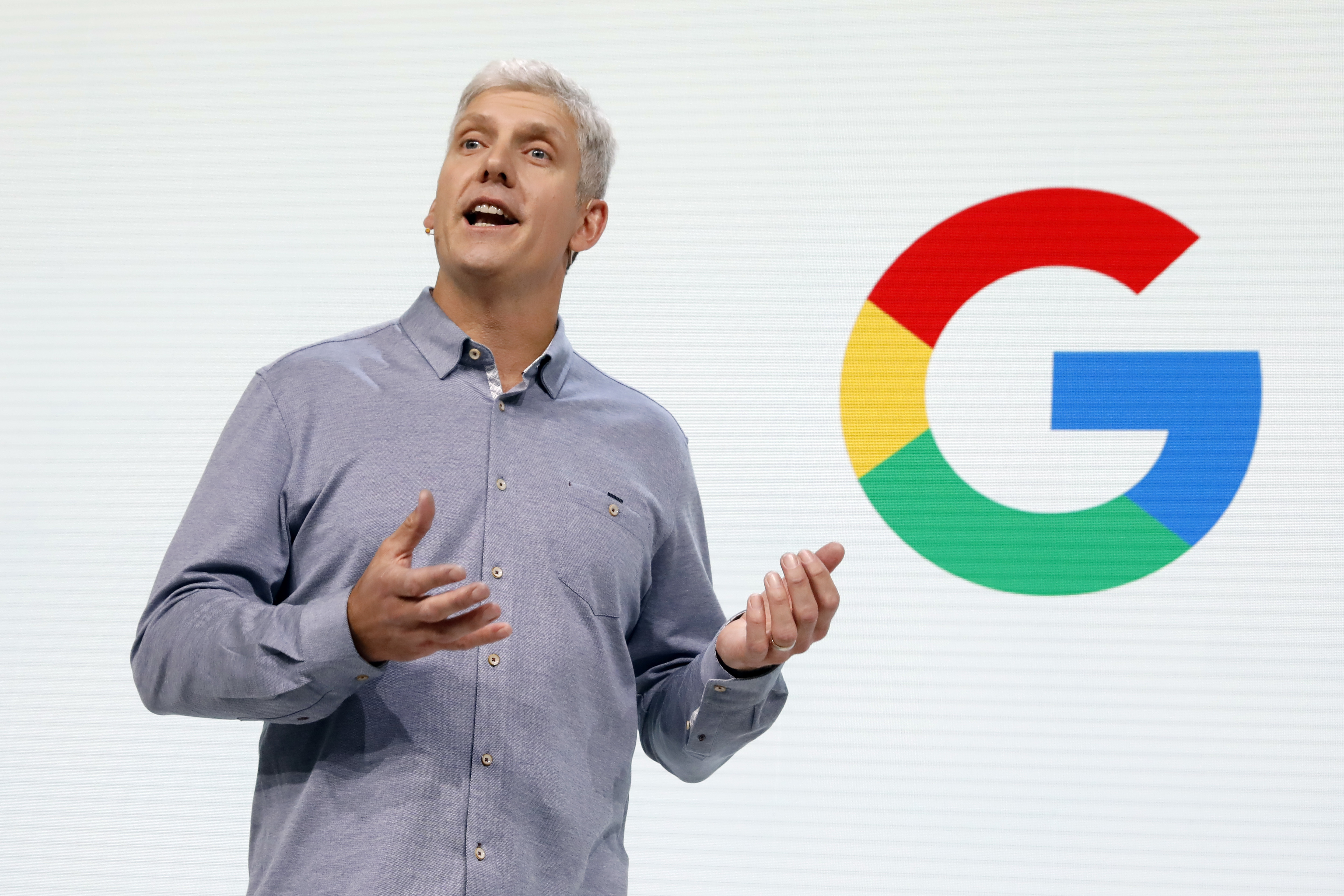- Google appears to be trimming the size of its laptop and tablet hardware group, telling dozens of engineers and program managers to find other roles with the Alphabet parent company, several people familiar with the matter told Business Insider.
- The restructuring involves Google’s “Create” division, which is responsible for developing and manufacturing the Pixelbook laptop and Pixel Slate tablet amongst the company’s wider swath of “Made by Google” products.
- According to one source, the Create hardware team had a “bunch of stuff in the works” and that the cutting the number of hardware engineers and program managers on the team will likely “pare down the portfolio” of products.
- Affected employees have been instructed to seek temporary roles within other Google or Alphabet teams, raising questions about Google’s future hardware plans.
Google has moved dozens of employees out of its laptop and tablet division, scaling back the size of its in-house hardware group as it re-assesses product plans in the fiercely competitive computer market.
Dozens of Google employees working on the company’s “Create” team – an internal hardware division responsible for developing and manufacturing Google’s laptop and tablet products – have been told to find new projects within Google or its parent company Alphabet, amid what sources describe as “roadmap cutbacks.”
Among the affected employees who were given notice of the cutbacks in the last two weeks are hardware engineers, technical program managers, and those who support program managers. Sources say projects have been canceled within the laptop and tablet division, prompting the changes, but that team members have been instructed to find new roles temporarily within the Google or Alphabet organization.
By asking employees to seek temporary, rather than permanent, new roles, Google may be leaving itself flexibility to boost staffing on the Create hardware team in the future. Already, these “floating” employees have been seeking roles within the company’s smartphone division, Pixel, and other Alphabet companies, sources say.
A Google spokesperson declined Business Insider's request for comment.
The "roadmap pushout," as one source familiar with the matter described the move to Business Insider, raises questions about the extent of Google's commitment to building its own line of laptops and tablets, a fiercely competitive market with thin razor profit margins.
After several false starts, including a short lived acquisition of phone maker Motorola from 2012 to 2014, Google declared its seriousness about hardware in 2016 when it hired Rick Osterloh to head up a new hardware group. Google has repeatedly stressed it is in the hardware business for the long run, even as the efforts have driven up expenses and weighed down the rich profit margins of Google's online ad business.

Today, the Create division is responsible for the Pixelbook laptop and Pixel Slate tablet amongst the company's wider swath of "Made by Google" products. Other divisions within the company's hardware product area (known internally as HWPA) include Pixel (for smartphones), Home (for smart home devices, including Nest), and Wearables.
Manufacturing roles on Create were not impacted by the recent downsizing, signaling Google's near term product lineup will likely not change. But according to one person familiar with the matter, the Create group had a "bunch of stuff in the works" and that the cutting the number of hardware engineers and program managers on the team will likely "pare down the portfolio" of products.
The Pixelbook raised eyebrows at its launch, given its high-cost (starting at $999) relative to its limited capabilities (the Pixelbook is a Chromebook, meaning it runs on Google's Chrome OS software and is only capable of using internet-based applications). Most Chromebooks that are not manufactured by Google itself are much lower priced, like Samsung's Chromebook Plus which starts at $499. Still, the Pixelbook, with its aluminum chassis and high-end screen, was seen as a model for what a premium, Mac-like Chromebook could look like.
Rumors of a Pixelbook 2 have been swirling since the company's hardware event last October though it has yet to be released. While there is no indication that Google plans to abandon the Pixelbook, the staff reductions suggest that Google is unlikely to flesh out its in-house line of Chromebooks with a wider variety of products and prices.
Google's tablets meanwhile have struggled to hit the right note with consumers.
The first Google manufactured tablet - known as the Pixel C - was launched in 2015 and received less than stellar reviews. The longtime tech reviewer Walt Mossberg said that the Pixel C represents "an object lesson in what Google shouldn't do if it pursues home-grown integration of hardware and software." The company launched its Pixel Slate - a tablet that acts like a laptop, meant to compete with Microsoft's Surface Pro and Apple's iPad Pro - to a similar, cold reception.
Downsizing its laptop and tablet division comes almost three years after Google unified its hardware efforts under the leadership of Osterloh. Since then, sources tell us that pressure has increased to make hardware at Google into a "real business."
Got a tip? Contact this reporter via Signal or WhatsApp at +1 (209) 730-3387 using a non-work phone, email at [email protected], Telegram at nickbastone, or Twitter DM at @nickbastone.

